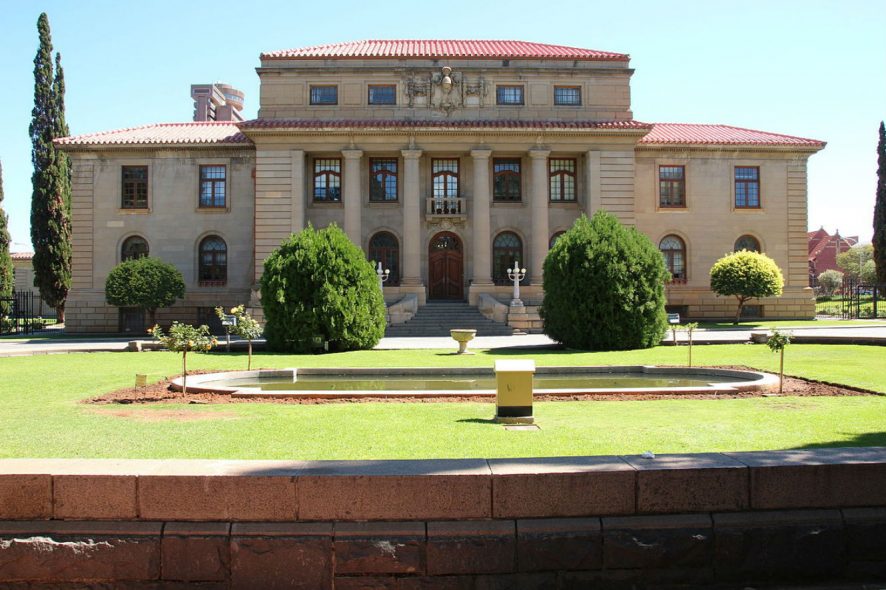Supreme Court of Appeal of South Africa: An appeal was filed against the order of Northern Cape Division of the High Court, Kimberley where an immovable property was forfeited to the State before a 5-Judge Bench comprising of Majiedt, Swain, Mathopo, Schippers, JJA. and Mokgohloa, AJA., of Supreme Court of Appeal.
The facts of the case were that the appellant was the mother of the deceased who was the Head of Department (HoD) of the Northern Cape Department of Social Services and Population Development, in whose name the immovable property was registered. Respondent alleged the deceased for misusing her powers as a HoD. She renovated her house from the benefit accrued from the improper and corrupt relationship between her and Trifecta, a company to which she later passed a tender. The matter was investigated by Parliament where she was found guilty of charges of non-declaration of benefits received from Trifecta and submission of the false sworn statement. The matter went to High Court where deceased submitted her renovation costs to be covered under a loan agreement between deceased and Trifecta. Court ordered the property to be forfeited to State finding the property and shares to be the proceeds of unlawful activities such as corruption and money laundering under Section 50(1) of the Prevention of Organised Crime Act, 1998. The question before the Court was to see if the property was actually the proceeds of unlawful activities under the Act and if the Trial Court rightly forfeited the entire property to State.
Supreme Court found the deceased version of events contradictory from parliamentary enquiry and this Court. Thus, High Court was correct in holding that the loan agreement was created after the fact to cover up the true reason behind the renovations and that the property was proceeds of unlawful activities. On the question of complete forfeiture of property to State, the Supreme Court observed that the purpose of forfeiture was to remove the incentive for crime and not to punish the offender. The fact that the deceased had paid a certain amount to Trifecta in return of renovations had to be deducted from the renovation costs. Therefore, High Court’s order to forfeit entire property to State was set aside. [Gesiena Maria Botha No v. National Director of Public Prosecutions, 2018 SCC OnLine ZACAC 4, dated 11-10-2018]






